Gabriel Nworah, a Solidity developer, discussed the ability of smart contracts to automate business logic across various industries.
Traditionally, implementing business logic in centralized systems has required manual oversight or third-party intermediaries to maintain accuracy and enforce rules. With smart contracts, however, this process is streamlined, decentralized, and more secure.
Speaking at the Borderless Web3 event in Port Harcourt, Gabriel Nworah defined Smart contracts as self-executing, written in code that enforces transactions within a decentralized system, eliminating the need for intermediaries. Once deployed, they run automatically, ensuring that contract terms are executed as written, with no possibility of alteration or manipulation.
According to Nworah, the advantages of incorporating smart contracts into business processes are substantial.
“Automation and speed are key benefits—smart contracts execute transactions instantly, which accelerates processes that would otherwise involve multiple parties and prolonged verification steps. This leads to cost savings, as intermediaries are removed, and operations become leaner.
“Transparency and auditability are also integral, as smart contracts operate on a public blockchain where transactions can be verified by anyone. Furthermore, they bolster security by making transaction manipulation nearly impossible, offering a highly secure framework for sensitive business operations.”
Gabriel highlights that the potential of smart contracts is expanding alongside technological advancements, inviting businesses to research and explore how this technology can revolutionize their operations. The integration of smart contracts into business logic represents a significant step toward efficiency, security, and cost-effectiveness in the modern digital age.
